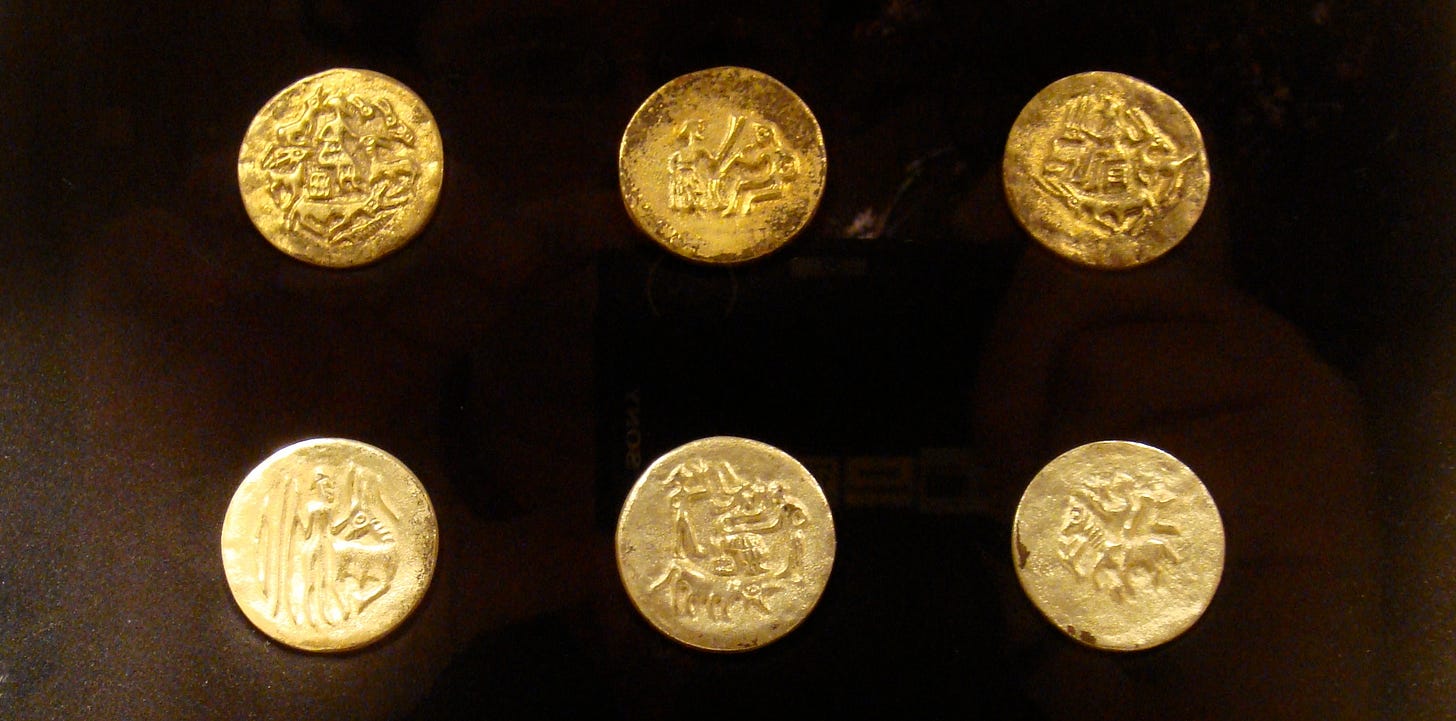Airline Coins
Do airlines need their own cryptocurrency & if so how might it work?
An entertaining feature of Bahrain International Airport* is a small exhibition of artifacts from the lost civilisation of Dilmun. These people and their home on Bahrain island may have been the basis for the Garden of Eden. More recently they inspired a water park with impressive winding slides (pictured below). Among the antiquities on display at the …



